A financial collapse can turn your world upside down in the blink of an eye. Whether it’s a global economic crisis or a personal financial disaster, being prepared can make all the difference. This list will arm you with the knowledge and skills you need to weather any financial storm.
Stock Up on Essential Supplies

When money loses its value, basic necessities become priceless. Build a stockpile of non-perishable food, water, and medical supplies to last at least six months. Focus on calorie-dense foods like rice, beans, and canned meats. Don’t forget items like salt, sugar, and cooking oil. Rotate your stock regularly to keep everything fresh.
Learn to Grow Your Own Food

Growing your own food can be a lifesaver during tough times. Start a garden with easy-to-grow vegetables like tomatoes, potatoes, and leafy greens. Learn about companion planting to maximize your yield. Consider raising chickens for eggs and meat. Even a small plot of land can produce a surprising amount of food.
Develop Practical Skills
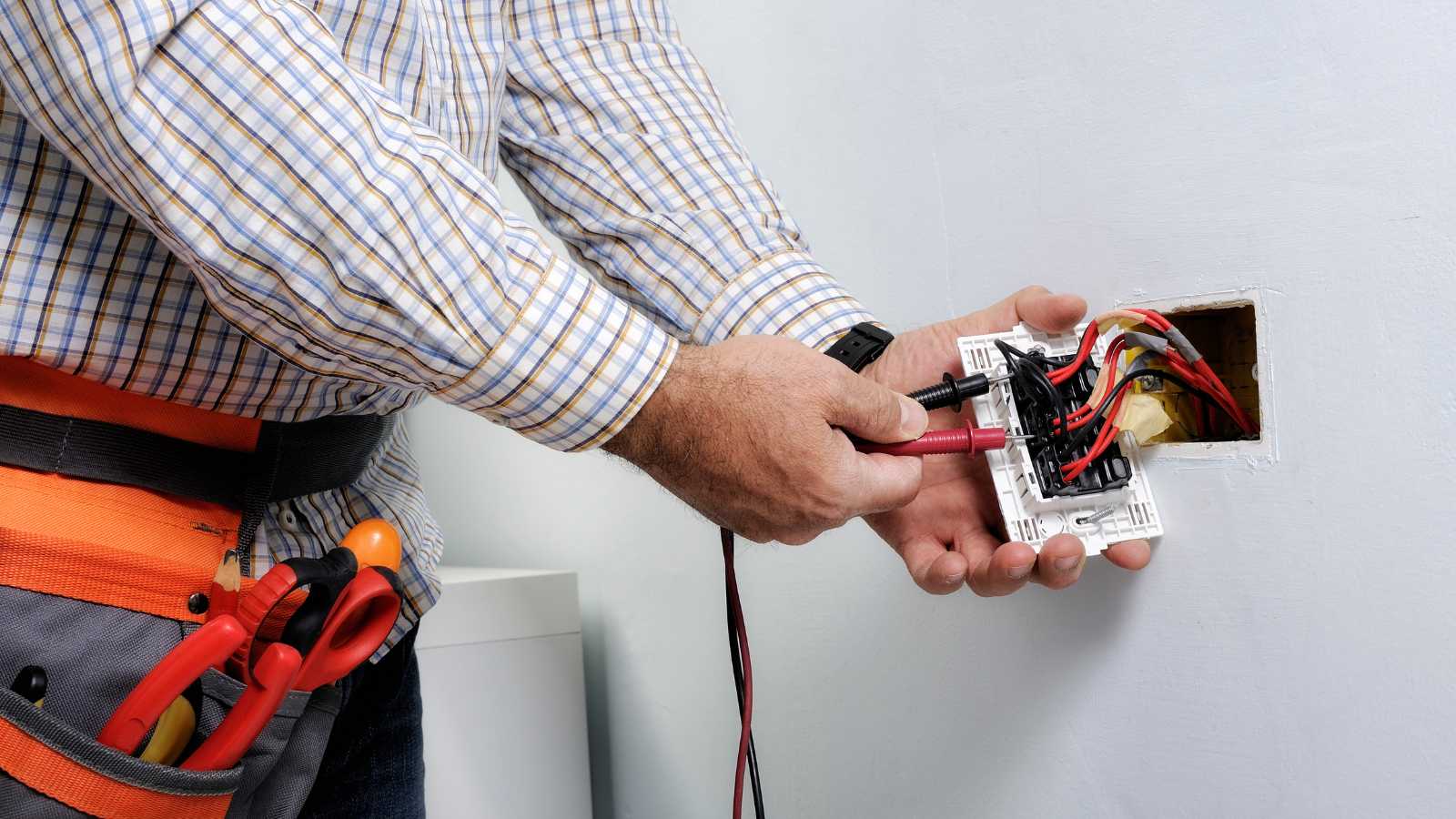
In a financial collapse, practical skills become valuable currency. Learn basic home repairs, first aid, and how to fix common household items. Skills like sewing, woodworking, and mechanics can save you money and might even become a source of income. Take classes or watch online tutorials to build your skill set.
Build an Emergency Fund

Having cash on hand is crucial during a financial crisis. Aim to save enough to cover 3-6 months of expenses. Keep some cash hidden at home in case banks close or limit withdrawals. Consider investing in precious metals like gold or silver as a hedge against inflation.
Reduce Your Debt

Debt can be a crushing burden during economic turmoil. Pay off high-interest debts like credit cards first. Consider consolidating loans to lower your interest rates. Avoid taking on new debt unless absolutely necessary. Being debt-free gives you more flexibility to handle financial challenges.
Create Multiple Income Streams

Relying on a single income source is risky. Develop side hustles or part-time jobs to diversify your income. This could include freelancing, selling handmade goods, or offering services like tutoring or pet-sitting. Having multiple income streams can provide a safety net if one source dries up.
Invest in Tangible Assets
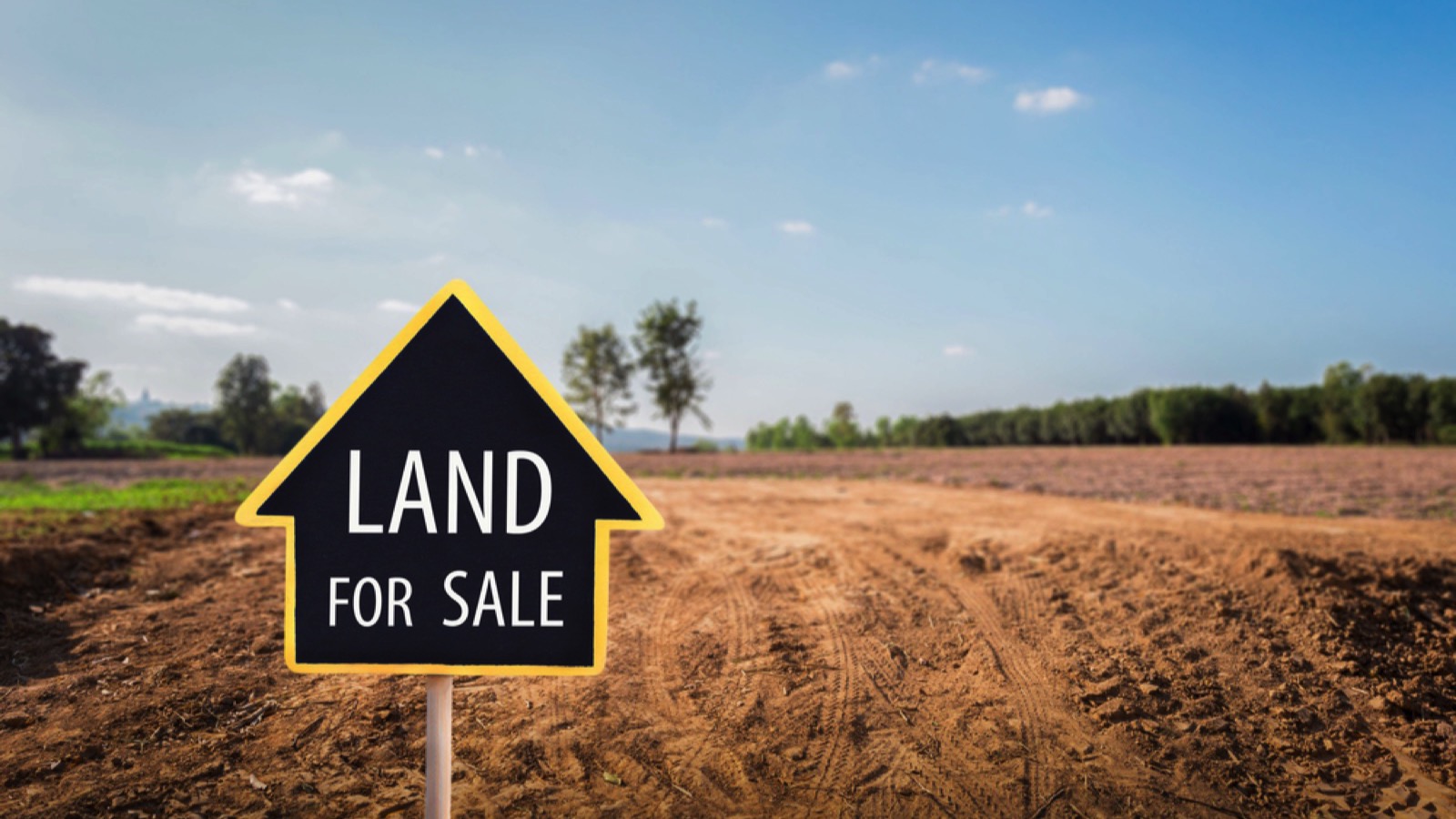
During a financial collapse, paper assets can quickly become worthless. Invest in tangible assets like land, tools, or renewable energy systems. These items retain value and can be useful for survival. Consider learning a trade or skill that will always be in demand, like plumbing or electrical work.
Build a Strong Community Network

In tough times, a strong community can be your greatest asset. Get to know your neighbors and build relationships. Join local groups or start a community garden. Having a network of people to trade skills and resources with can make a huge difference in a crisis.
Learn Basic First Aid and Medical Skills

When healthcare becomes scarce or expensive, knowing how to treat common ailments can be life-saving. Take a first aid course and learn about herbal remedies. Stock up on essential medications and first aid supplies. Knowledge of basic medical care can keep you and your family healthy when professional help isn’t available.
Secure Clean Water Sources
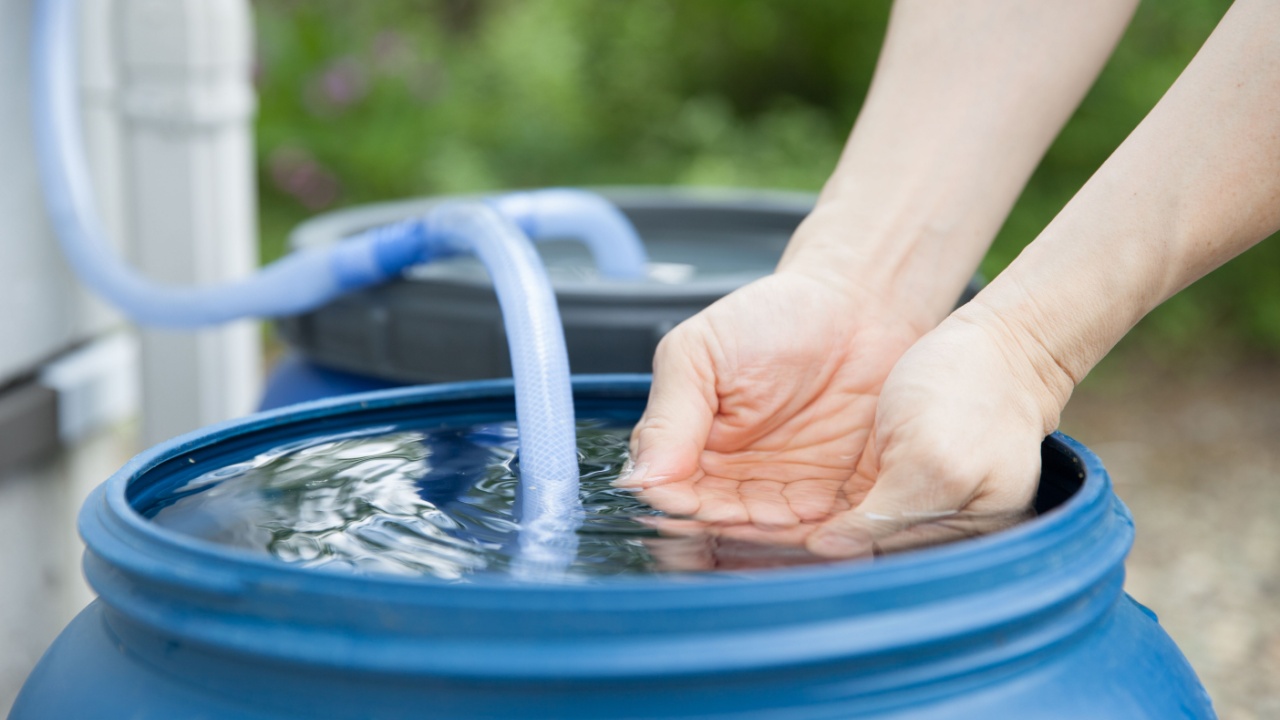
Clean water is essential for survival. Learn how to purify water using methods like boiling, filtration, and chemical treatment. Consider installing a rainwater collection system or digging a well on your property. Having multiple sources of clean water can protect you from shortages or contamination.
Master the Art of Bartering

In a financial collapse, bartering can become a primary means of exchange. Learn to negotiate and trade goods and services. Stockpile items that will be valuable for bartering, like alcohol, cigarettes, or hygiene products. Develop skills that others will need, making you a valuable trading partner.
Protect Your Home and Property

Economic instability often leads to increased crime. Improve your home security with sturdy locks, alarms, and lighting. Learn basic self-defense techniques. Consider forming a neighborhood watch group. Being prepared can deter potential threats and keep your family safe.
Develop a Sustainable Energy Plan

Energy costs can skyrocket during a financial crisis. Invest in renewable energy sources like solar panels or a wind turbine. Learn to live with less electricity by using manual tools and appliances. Having a sustainable energy plan can keep your lights on when the grid fails.
Learn to Preserve Food

Knowing how to preserve food can help you make the most of your resources. Learn canning, dehydrating, and fermenting techniques. These skills allow you to store food long-term without refrigeration. Preserved foods can provide vital nutrition when fresh options are scarce.
Create a Bug-Out Plan
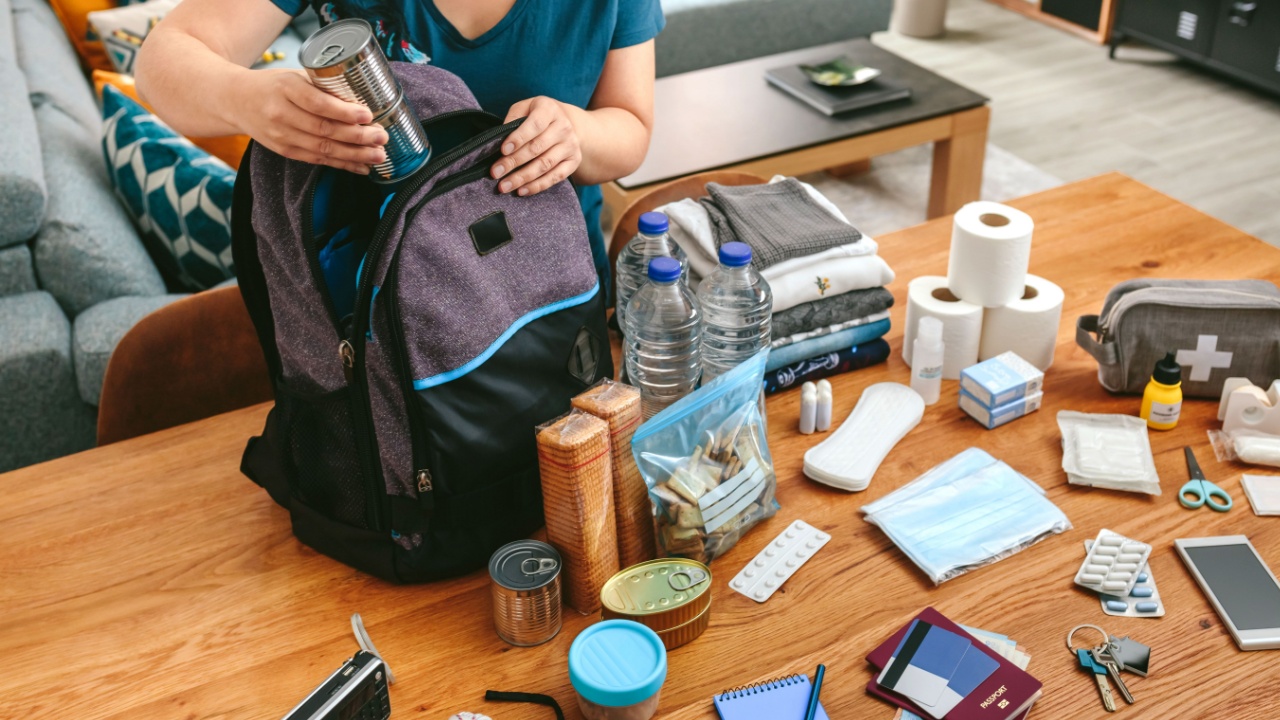
Sometimes, staying put isn’t an option. Have a plan to evacuate quickly if necessary. Prepare bug-out bags for each family member with essential supplies. Choose several potential safe locations and map out multiple routes to get there. Practice your plan regularly so everyone knows what to do.
Understand Basic Economics

Having a grasp of basic economic principles can help you navigate a financial collapse. Learn about inflation, deflation, and how currency markets work. This knowledge can help you make better decisions about saving, spending, and investing during turbulent times.
Stay Informed Without Panic

Information is crucial during a crisis, but too much can lead to panic. Choose reliable news sources and avoid constant exposure to negative news. Learn to separate facts from speculation. Staying informed without becoming overwhelmed will help you make rational decisions.
Maintain Physical and Mental Health

Stress can take a toll during tough times. Prioritize your physical and mental health. Exercise regularly, even if it’s just walking or bodyweight exercises. Practice stress-reduction techniques like meditation or deep breathing. A healthy body and mind are your best tools for survival.
Learn to Repair and Repurpose
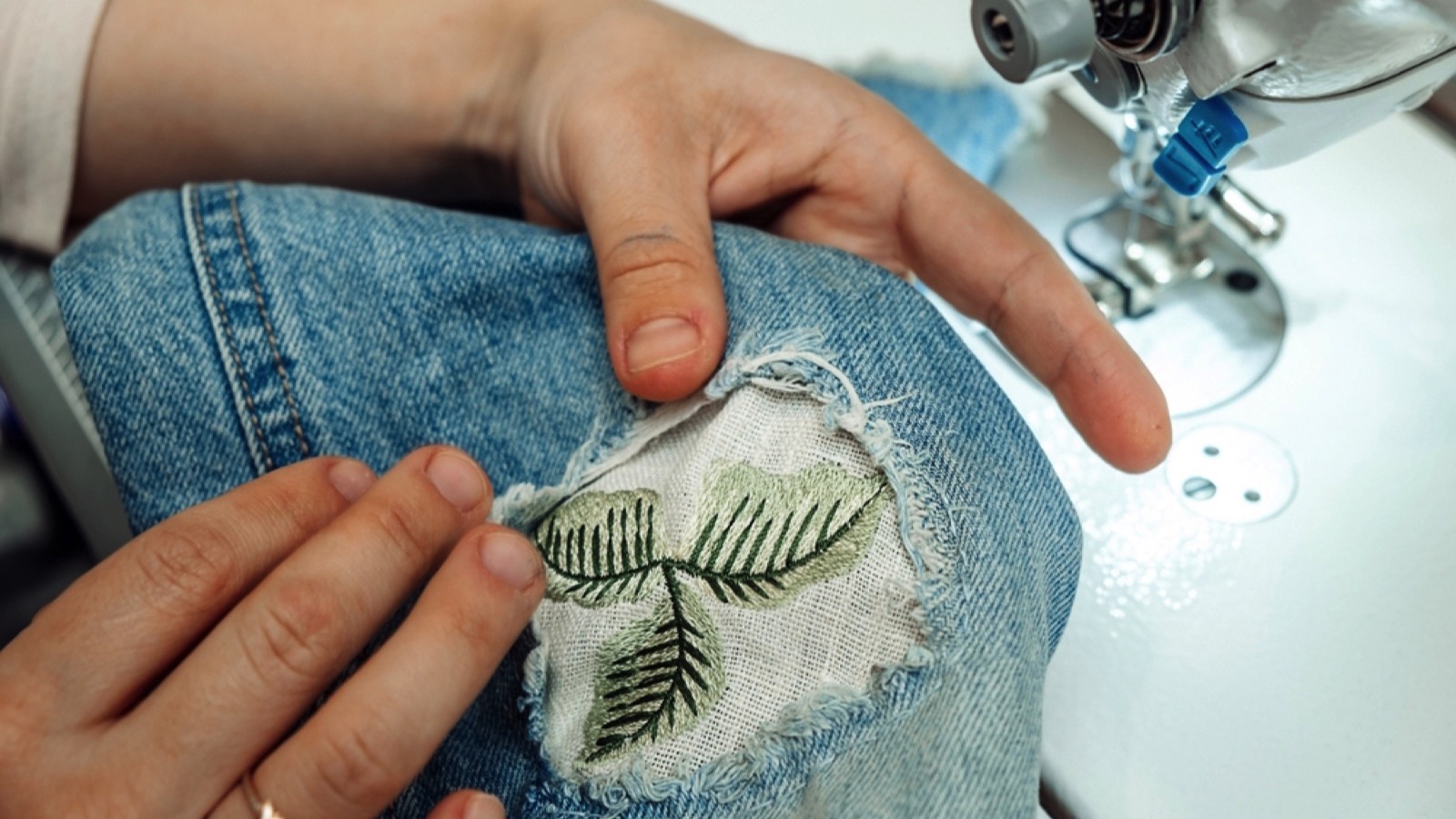
In a financial collapse, replacing broken items may not be an option. Learn basic repair skills for clothing, appliances, and tools. Get creative about repurposing items for new uses. This mindset of “make do and mend” can help you stretch your resources further.
Develop a Frugal Mindset

Living frugally is key to surviving economic hardship. Learn to distinguish between needs and wants. Find joy in simple pleasures that don’t cost money. Developing this mindset before a crisis hits will make the transition easier if times get tough.
Build a Library of Practical Knowledge

When internet access becomes unreliable, having physical books can be invaluable. Build a library of practical guides on topics like gardening, first aid, and survival skills. Include reference books on edible plants, basic engineering, and home remedies. This knowledge base can be a lifesaver when digital resources are unavailable.
Plan for Long-Term Sustainability

A financial collapse isn’t just a short-term problem. Think about long-term sustainability. Learn permaculture principles to create a self-sustaining homestead. Consider ways to generate ongoing income or resources. Planning for the long haul will give you a better chance of thriving, not just surviving.
14 Pieces of Outdated Money Advice That Can Derail Your FIRE Plan
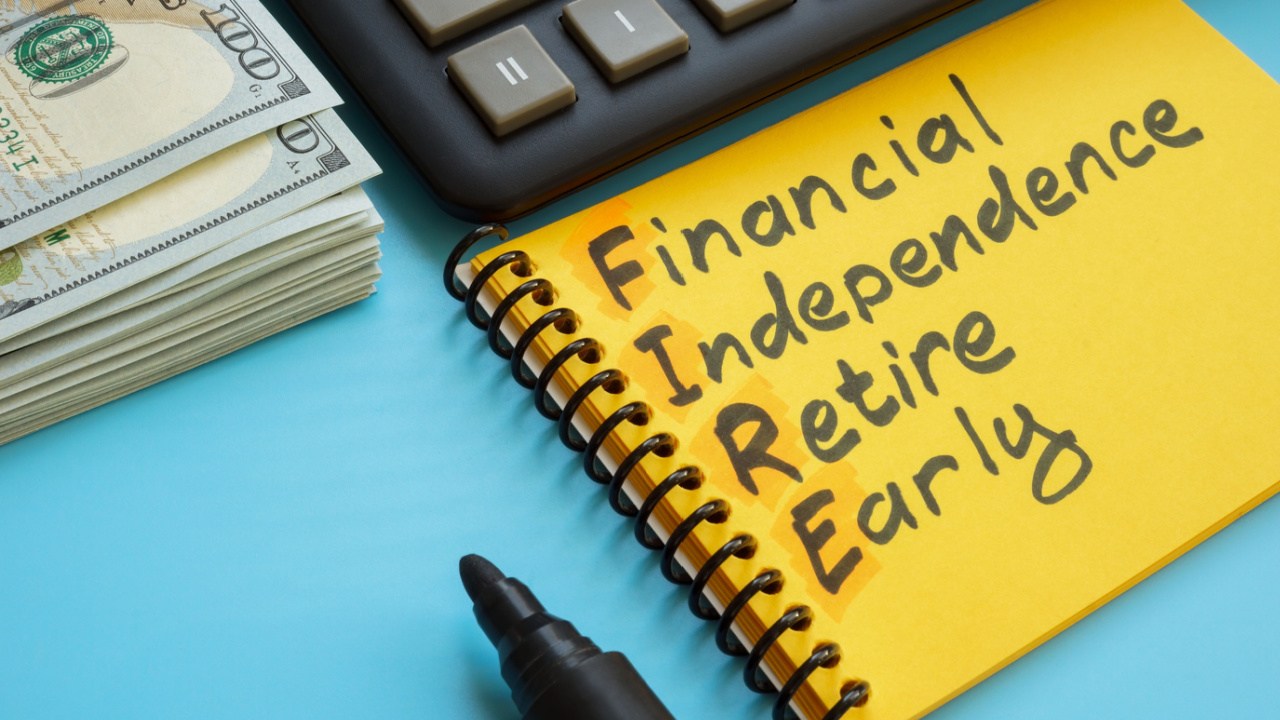
FIRE – Financial Independence, Retire Early. That’s the dream, right? Quit the rat race and live life on our own terms. It’s totally doable. Plenty of people join the FIRE movement and manage to retire pretty quickly. And there’s a LOT of advice out there on how to do it. Sadly, much of the advice is outdated or just plain bad.
12 Money Mistakes That Can Leave You Vulnerable in a Crisis
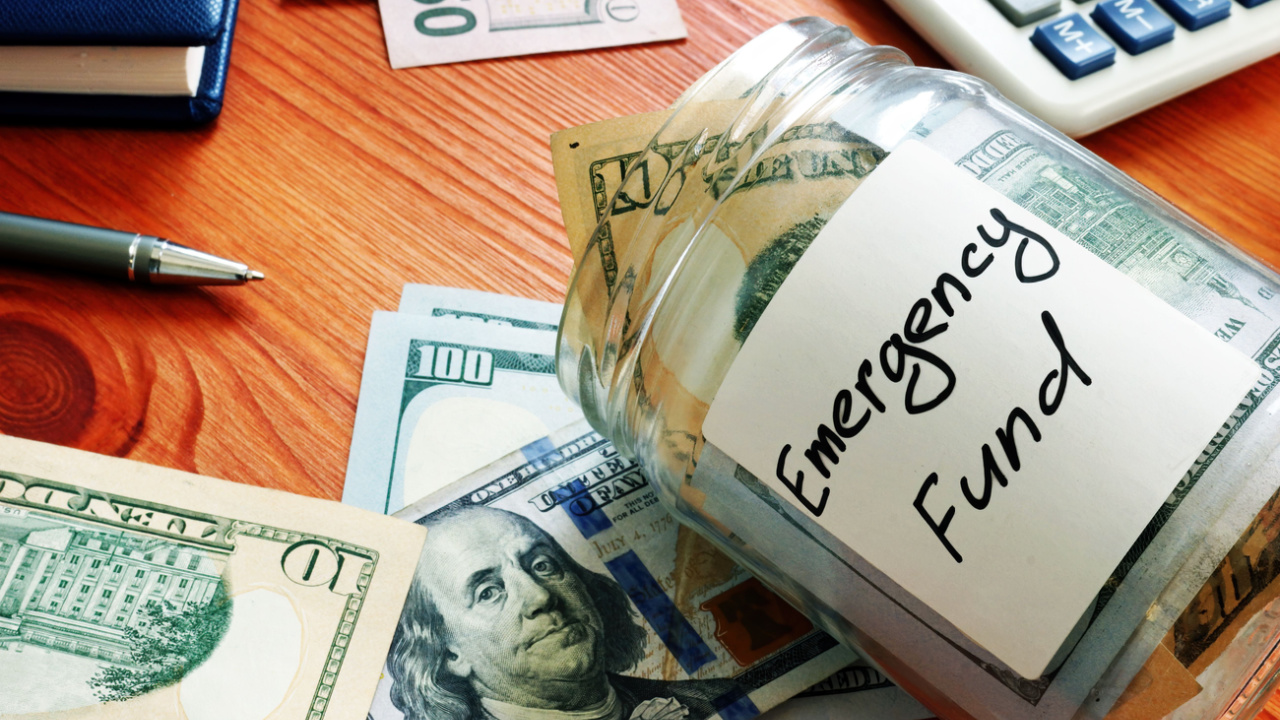
In times of uncertainty, financial stability is more crucial than ever. While prepping for physical emergencies is vital, don’t overlook financial prepping. Avoiding these common money mistakes can help make sure you’re in a stronger position to weather any storm.
Surviving the Crash: 17 Hot Takes on Crypto in a Post-Collapse World

With recent global unrest and economic uncertainties, many people are starting to worry about the stability of our money. They’re looking for new options like cryptocurrencies. Using digital money might sound strange, but it’s becoming more common. Big names like Bitcoin and Ethereum are leading the way. This article will look at how cryptocurrency could change things in a shaky economy. We’ll discuss the good and bad sides of using digital money. Get ready to learn about the crypto world and how it might affect our financial future!

